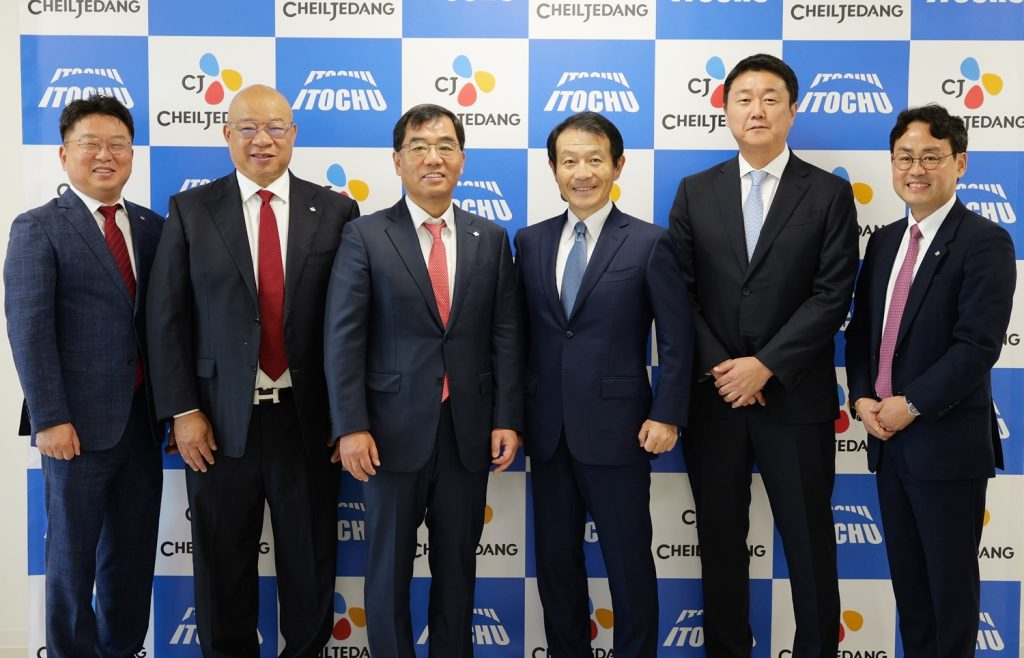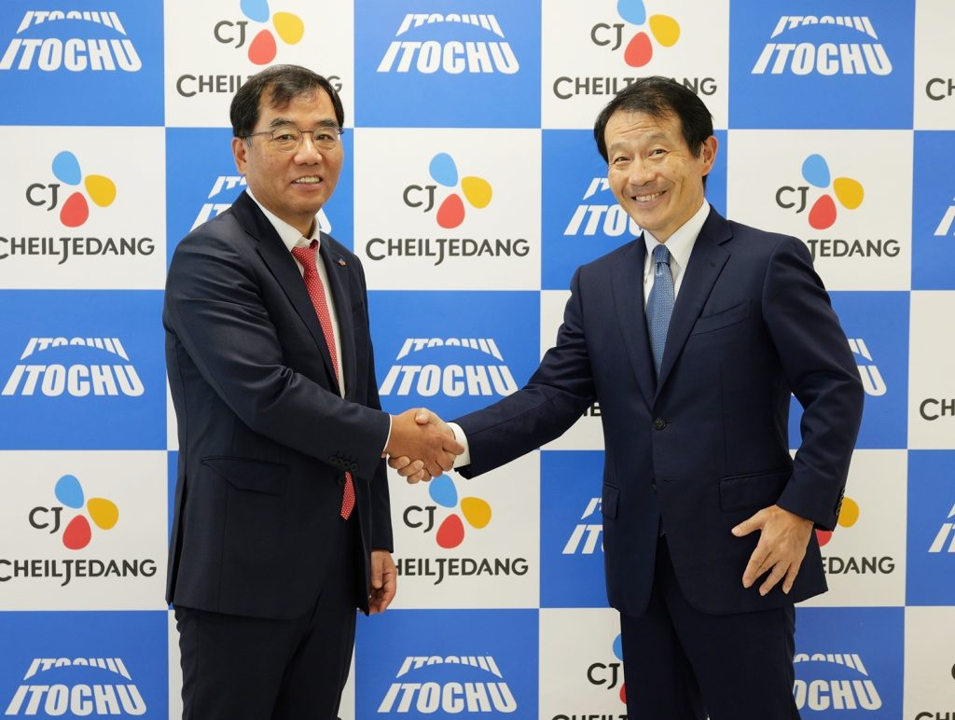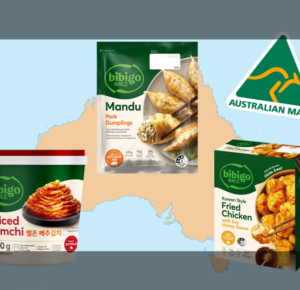The new production facility in Chiba, Japan will boost local production of bibigo mandu and accelerate CJ Foods’ global K-food expansion strategy

CJ Foods is accelerating the globalization of K-food by expanding its presence in the Japanese market, led by its flagship product, bibigo mandu.
On September 2, the company announced the completion and launch of operations at its new mandu production plant in Kisarazu City, Chiba Prefecture.
Built on a site roughly the size of six soccer fields (42,000 square meters), the Chiba factory covers about 8,200 square meters and represents an investment of approximately 100 billion KRW (73 million USD) by CJ Foods. It is the first local production facility built in Japan by a Korean food company. Outfitted with state-of-the-art production lines, the factory will produce bibigo mandu for nationwide distribution. Since 2020, CJ Foods has operated four mandu factories in Osaka, Gunma, Akita and Fukuoka through its acquisition of the local company Gyoza Keikaku. The Chiba plant marks the company’s first direct investment in a manufacturing facility in Japan.

CJ Foods plans to leverage the Chiba plant to accelerate its localization strategy, ensuring more efficient sourcing of raw materials and product supply, while driving the expansion of its business in Japan. In particular, Japan’s frozen dumpling market — valued at approximately 1.1 trillion KRW (825 million USD) annually — offers significant growth potential, as more than half of the market consists of gyoza-style dumplings, which are similar to bibigo mandu. Consumer demand for bibigo mandu has risen sharply in recent years, contributing to a nearly 28% year-on-year increase in CJ Foods’ dumpling sales in Japan during the first half of 2025. Over the same period, the company’s overall food sales in the country grew by about 27%.
The completion ceremony was attended by key executives, including CJ Foods Vice Chairman Kang Sin-ho and Food Business Unit CEO Dr. Gregory Yep, as well as officials from Chiba Prefecture and Kisarazu City. Kang remarked, “The Chiba plant represents an important step forward for both the growth and sustainability of our business in Japan. Through constant effort and innovation, we will further accelerate the global expansion of K-food.”

CJ Foods plans to position Japan as its next key overseas market after the U.S., reinforcing its role as a pioneer of K-food and accelerating its global expansion. To this end, the company signed a business agreement with the Food Company branch of Japan’s ITOCHU Corporation on the same day. Through this partnership, the two companies will join forces to expand their business in Japan and beyond. ITOCHU is one of Japan’s largest general trading companies, with a nationwide distribution network and ownership of several prominent brands, including NIPPON ACCESS — the country’s largest food distributor — and the major convenience store chain FamilyMart.
A CJ Foods representative commented, “Building on the strategy that established us as the No. 1 dumpling brand in the U.S., we will bring the same success to Japan. With products designed to meet local preferences, we are ready to extend the bibigo mandu phenomenon.”
Japan has been designated as a key strategic market where CJ Foods is concentrating its efforts to accelerate the global expansion of K-food. Earlier this year, CJ Group Chairman Lee Jay-hyun selected Japan for his first overseas visit of the year, where he emphasized that “the renewed popularity of the Korean wave, or Hallyu, in Japan is not just a fad, but a critical opportunity to take K-culture to the next level.” He further added, “CJ businesses in Japan, such as bibigo, should be prepared to take hold of this opportunity. We must accelerate localization and the construction of global infrastructure to increase our competitiveness and position ourselves as a global leader.”
In Japan, CJ Foods products such as bibigo mandu, frozen gimbap, and K-sauces are sold through major retail channels including AEON, Costco, Amazon, Rakuten, Don Quijote and Ito-Yokado. Notably, bibigo gimbap — first launched globally in Japan in 2023 — proved immensely popular, with approximately 2.5 million units sold last year at AEON and Costco alone.











